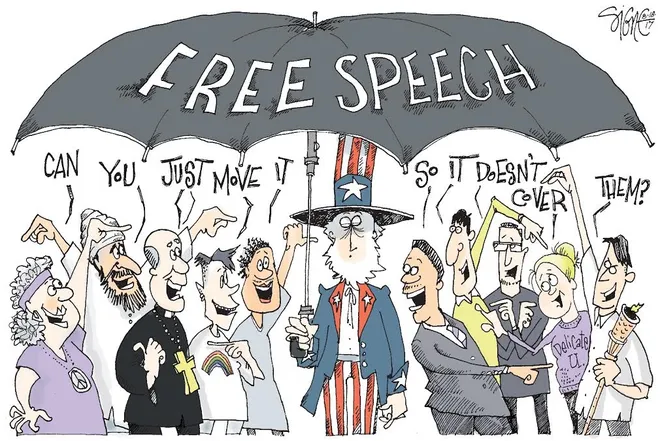The Grammy Awards have found their winners, but what remains is more than just a night of music.
The Grammys are widely regarded as one of the most prestigious music awards. However, the prestigious award has faced scrutiny multiple times throughout its history, and one of the critics was very vocal last Sunday night.
During his acceptance speech, Jay-Z called out the Grammys for diminishing his wife, Beyoncé. The megastar has earned 88 nominations and 32 wins, making her the most decorated artist in Grammy history. Despite her widespread commercial and artistic success, Beyoncé has never won Album of the Year, one of the most important categories of this acclaimed award.
One cannot deny the historical and cultural significance of the Grammy Awards. Since its inception in 1959, the Grammys have recognized and honored some of the greatest musical talents across genres. Winning a Grammy is the ultimate validation of an artist’s work, providing a platform for increased visibility and sales (sales of Tracy Chapman’s “Fast Car” rose 34,800% after her performance with Luke Combs, according to Forbes). The voting process involves music professionals who actively engage in the industry, ensuring a guarantee of professional and artistic objectivity.
Despite the longstanding legacy, the Grammys have faced criticism for various reasons. One major concern is the perceived bias towards mainstream and commercially successful artists, often overshadowing innovative musicians from niche genres. Many alternative artists or alternative music have been ‘snubbed’ and never received the deserved recognition. A prominent example is Björk, the Icelandic artist who has been nominated for a Grammy 16 times but has never won, despite creating some of the most powerful and innovative sounds in the 20th-century music landscape.
And Björk is not the only case.
Every year, fans keep scrolling through the list of artists who never won a Grammy for their contributions, from classic names like Diana Ross and Queen to contemporary ones such as Snoop Dogg, Nicki Minaj, or Lana Del Rey.
The lack of diversity in both nominees and winners is also a major issue and, in some ways, highlights systemic problems within the industry. Critics argue that the Grammys fail to represent the full spectrum of musical talent, leaving out artists from underrepresented communities and genres.
Moreover, the rapid evolution of the music landscape has challenged the Grammys’ ability to stay relevant. The rise of independent artists, streaming platforms, and sub-cultures has democratized the music industry, making it harder for a single award show to capture the full spectrum of talent and creativity.
As the music industry continues to diversify, it is essential for the audience to consider alternative measures of success and recognition. While the Grammys undeniably hold historical significance and continue to play a role in shaping the music industry, their status as the holy standard of the music industry has faded. The industry’s ongoing evolution, coupled with concerns about bias and representation, suggests that relying solely on the Grammys may be an outdated approach.









